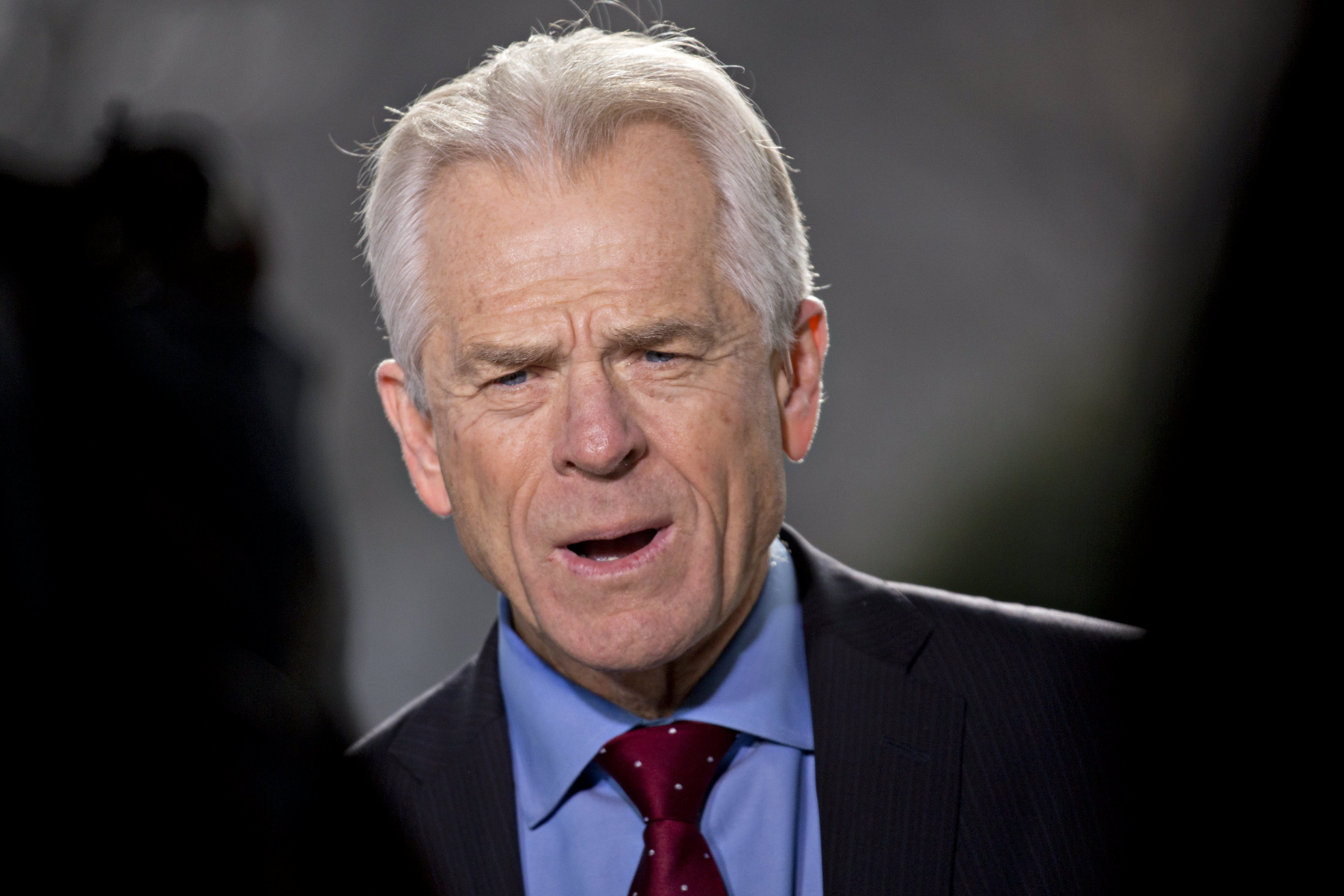This post was originally published on this site

Peter Navarro, director of the National Trade Council, speaks during a Bloomberg Television interview outside the White House in Washington, D.C., U.S., on Wednesday, March 28, 2018.
Andrew Harrer | Bloomberg | Getty Images
White House advisor Peter Navarro on Tuesday said the “Phase One” trade deal between the U.S. and China is a certainty at this point, telling CNBC that the accord is “in the bank.”
Asked by “Squawk Box” host Joe Kernen how sure he is over the hotly anticipated agreement, Navarro was upbeat.
“That one’s in the bank, Joe,” he said. “We’re just waiting for the Chinese translation of the 86-page agreement and I’m trying to figure out whether it’s going to be more pages or less in Chinese.”
Navarro, a longtime China trade hawk, refrained from commenting on rumors that the deal could be signed by U.S. and Chinese officials as early as next week, saying he’d prefer to defer to United States Trade Representative Robert Lighthizer on specific timing.
But he did laud the Phase One deal for including provisions proposed earlier in negotiations before a breakdown in talks earlier this year.
“It’s got great stuff in it,” he said. “It’s got essentially the same chapter we had in the May deal that the Chinese walked away from on intellectual property theft. So that’s a good deal.”
“For Wall Street … financial market access for the banks, insurance companies and credit card companies,” he added.
Navarro also alluded to potential trade priorities for the Trump administration in 2020, including a new deal with a post-Brexit United Kingdom and other countries in Europe.
“Next year, 2020, we’re going to try to get something going with Great Britain, Vietnam, Europe and anybody else who wants to fairly trade with the United States of America,” he said.
As one of President Donald Trump’s top trade counselors, Navarro has encouraged the president’s hardline strategies on global trade and efforts to challenge the longstanding multilateral agreements that had come to dominate overseas commerce over the last three decades.
For his part, Trump has attacked U.S. trade deficits as harmful to American manufacturers and farmers, saying that “by the time I finish trade talks, that will change.” The administration has leaned on the imposition of tariffs — a tax on foreign imports to the U.S. — to protect American producers and forced the renegotiation of landmark trade agreements with Mexico, Canada, China and the European Union.
In addition to his comments on trade, Navarro also said Tuesday that he sees the Dow Jones Industrial Average climbing to “at least” 32,000 and economic growth closer to 3% in 2020.
“It’s going to be the roaring 2020s next year,” he said. “32,000 is a conservative estimate of where we’ll be at the end of the year.”




